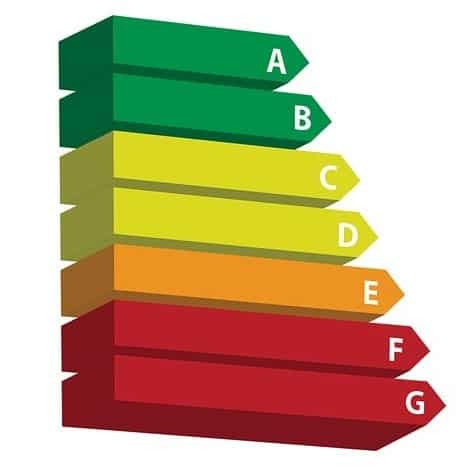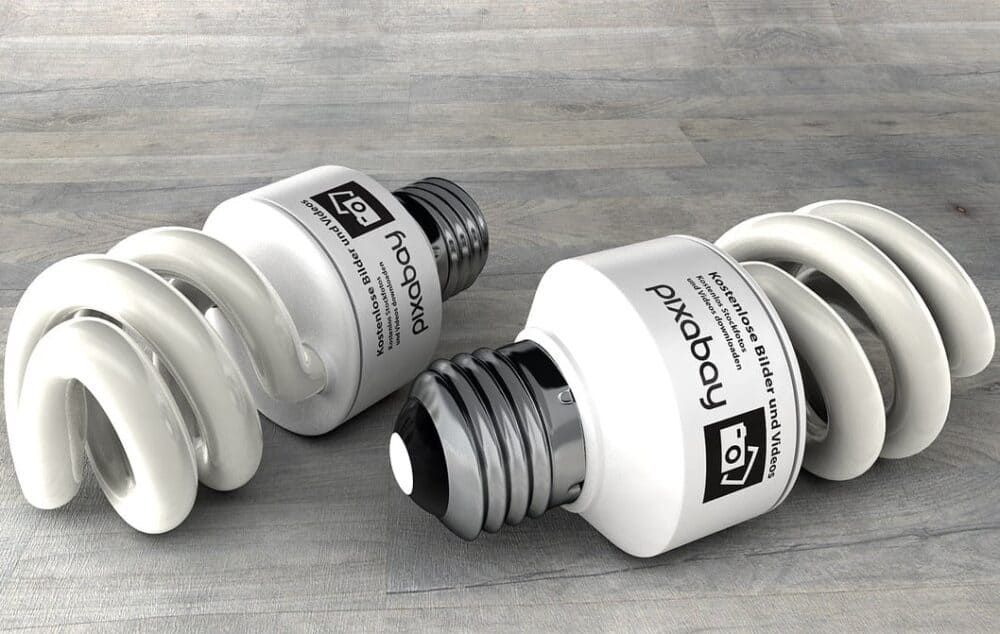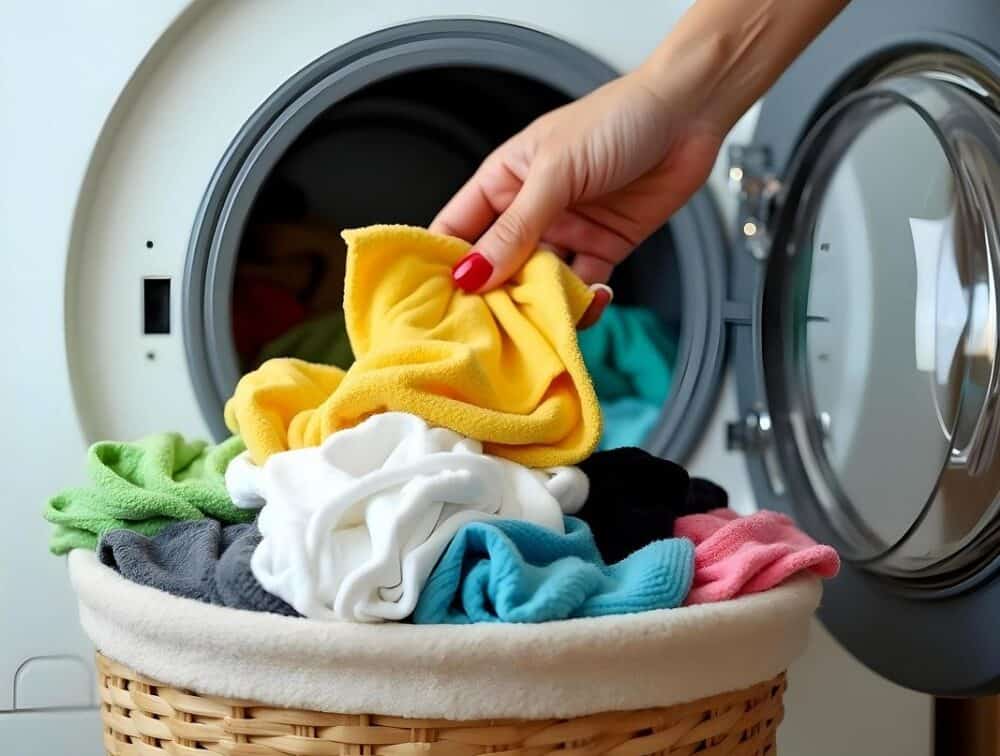Additional Energy Saving Tips in the Home
Table of Contents
The energy saving tips provided below will help you cut waste, use less energy, and make your home more energy efficient. Improving energy efficiency and reducing your energy bill doesn’t have to mean major lifestyle changes. With a few smart adjustments and expert-backed strategies, you can dramatically lower your electricity usage and save money throughout the year so let us get started today.
Switch to Energy Efficient Appliances

One of the top energy saving tips is to replace outdated appliances with energy efficient models. According to the Energy Saving Trust, modern appliances with a high energy rating can save you around £80 annually. Check the energy rating on your fridge, washing machine, and oven. This small change in how you use energy in your home can have a big impact on the planet and also on your finances over time.
Monitor and Manage Your Energy Usage
Want to reduce your energy consumption? Start by tracking it. According to the Energy Saving Trust, being aware of your energy usage can motivate action that could save you money. Use smart meters and energy monitors to understand and see at a glance how much electricity you’re using. Monitoring your usage helps you save energy at home and identify areas where you use more energy than needed, and make changes.
Lower Your Water Heating Costs
Water heating can be a hidden energy drain. Reducing your water heater temperature to 120°F (49°C) could save a typical household up to £60 a year. Also by installing a low-flow showerhead can reduce the amount of water used, helping you save money on your energy bills. You can also time the amount of time you are actually in the Shower to conserve water and energy. These tips are an easy but smart way to save money and reduce energy in one go.
Upgrade to Energy Efficient Lighting

Lighting accounts for a large portion of electricity use. Switching to energy-efficient lighting, such as LED bulbs, is one of the most effective tips to help save energy and lower your electricity bill. LED bulbs could save £40 a year in a medium-sized home. These bubs are quick and affordable, and they last much longer than older standard light bulbs.
Unplug Devices and Use Smart Power Strips
Appliances that are turned off but still plugged in use energy in standby mode. Unplugging idle devices could save around £45 a year. Smart power strips detect when electronics aren’t being used and shut them off. This is a lesser-known way to save energy that adds up over time.
Run Appliances Efficiently

Using appliances more wisely can save you around £80 a year, according to government energy efficiency data. Therefore, always run full loads in your washer and dishwasher. Wash clothes in cold water and air-dry when possible. Use eco modes and set timers to run at off-peak hours based on your energy supplier’s rates. Making, these small changes can lead to big energy savings over time.
Consider Renewable Energy
If you’re ready for a long-term solution to rising annual energy bills, solar panels or air-source heat pumps may be for you. These systems can save hundreds of pounds per year and reduce your reliance on your energy supplier. Eligible households may qualify for the Energy Company Obligation (ECO) scheme. Investing in renewables will make your home more energy efficient and future-proof your home energy costs.
Conduct a Home Energy Audit
A professional home energy audit helps you identify the best energy-saving tips to help you reduce your energy bills. Many energy suppliers offer free audits as part of the energy company obligation scheme. You will learn how much energy you use, where you’re using less energy, and how to improve. By following these energy saving tips based on your audit results could save you around £50 a year, if not more.
Conclusion
From switching lightbulbs to investing in an Home Energy Audit, the tips for your home provided can not only save energy, reduce your electricity bill, but can also cut your heating bill year after year. Even just minutes could save a typical household noticeable amounts of money each year, plus you take control with confidence.



